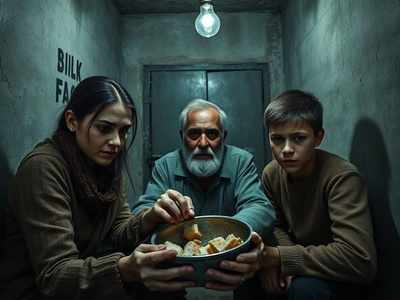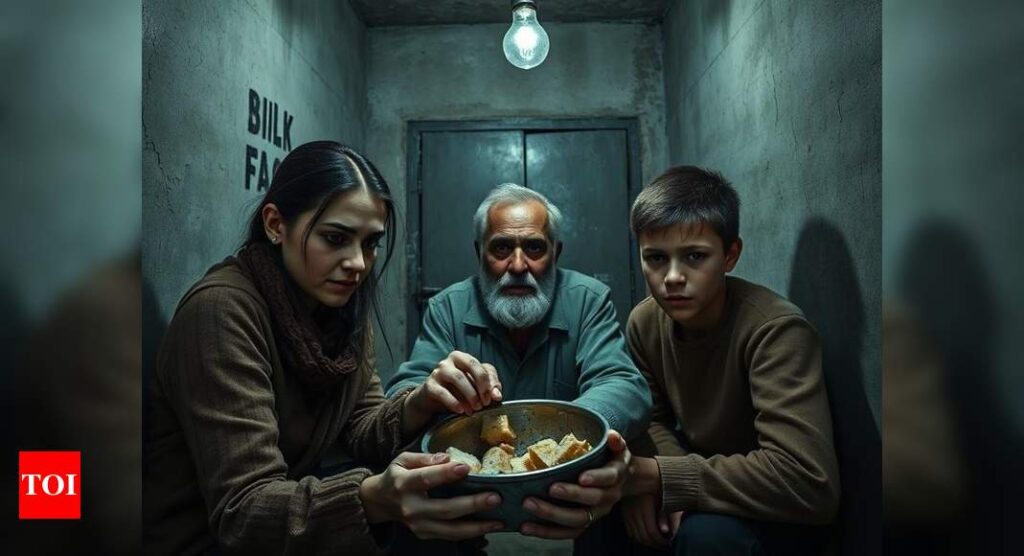
Luis Har, a 72-year-old Israeli grandfather, recounted his 129-day ordeal under Hamas. He described how he was forced to cook for his captors while surviving on barely any food himself.
Har, who was taken from Kibbutz Nir Yitzhak on 7 October 2023, recalled being held at gunpoint in a small apartment in Gaza alongside four other hostages. Tasked with preparing meals for both his fellow captives and five armed guards, he initially had access to various ingredients, making dishes like shakshuka, omelettes, and soups. But as the war continued, food supplies narrowed down and the hostages were left to survive on scraps.
“Slowly, slowly, the food became less. First there were no more eggs. Then there were fewer pitas. In the last days, it was just Fernando and me, and we shared one pita a day, half for Fernando and half for me. And we were eating a little piece of the pita at a time so there would be enough to last all day,” Har told New York Post, adding that they also had to ration a single litre of water between them.
“Only once, one of the terrorists said, ‘Thank you for the food,’” Har said.
Fearing they would be starved to death, Har and his fellow captive began hiding their limited food. “One of the terrorists would just eat whatever he’d see. He’d just walk in, and if there was just one pita, he’d take it. We started hiding that one pita under a pillow,” he said.
While Hamas told them that Gaza was running out of food due to Israeli military action, other freed hostages have claimed that the militant group hoarded humanitarian aid meant for civilians.
“Hamas eats like kings while hostages starve,” Eli Sharabi, another released hostage, told the UN Security Council in March.
Har lost 35 pounds during his captivity, dropping from 187 pounds to 152. Some hostages reportedly lost up to 40 per cent of their body weight, according to Israel’s Ministry of Health.
“You move slowly. You talk slowly. You do everything slowly to stay alive,” Har said of his physical state.
Beyond malnutrition, the constant threat of execution loomed over them. “We would sleep but with one eye open. We knew all the time, these are Hamas, and if someone tells them to kill us, they’ll do it,” he recalled.
The captors’ moods fluctuated unpredictably. “Some days they were in a good mood, other days they were more aggressive,” Har said. “You had to know how to behave at the right time.”
Living conditions were dire. The hostages were allowed to wash only once every two weeks, using a shared bucket of cold water and a scrap of soap. They had no access to toothbrushes and remained in the same clothes they were kidnapped in, receiving just a thin sheet and a pair of hole-ridden socks when winter arrived.
Since fighting resumed in Gaza on 18 March, at least 24 hostages are believed to still be alive, while 35 others are presumed dead.
Har is now on a speaking tour across North America, determined to keep global attention on the hostages still in captivity.
“I’m just trying to keep the hope alive for the families,” he said. “The news is never about October 7th and why all these problems started. People only hear how many people Israel bombed.”














